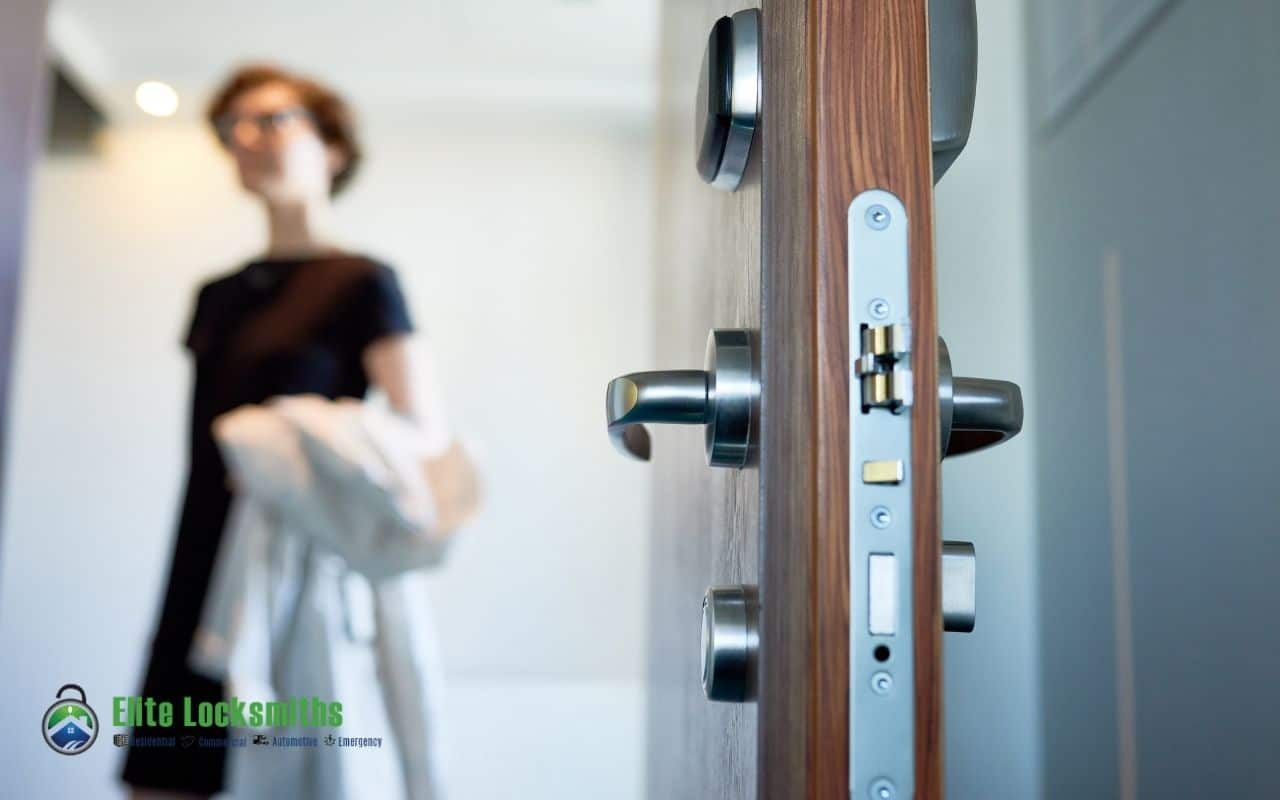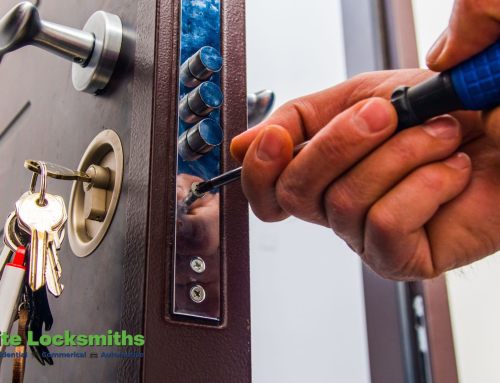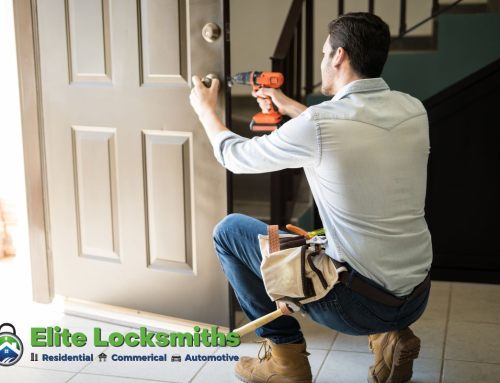You have a lot of work to do after you move into a new home. In addition to unpacking, you must also set up utilities at your new property and ensure that your address is updated. Another crucial component of moving into a new place is to rekey your house to make sure that old keys circulating the neighborhood can’t be used to obtain access to your new place without your knowledge.
Why You Should Rekey Your New Homes
The main point when it comes to rekeying your new home is the key control. This means you can offer your family and loved ones duplicate keys to ensure they are the only ones with access to your property. This helps you to keep track of how many keys are needed to unlock the doors to your home and keep your family secure. Here is why you must consider rekeying your new home.
Rekeying Saves You Money
Rekeying is almost usually less expensive than having your locks changed due to the incredibly low cost of the key pins in the locks. When you get your locks rekeyed, you simply pay for labor, whereas when you get your locks changed, you pay for both labor and parts.
More Convenient
Rekeying is used not just to replace an old key, but also to match multiple locks with the same key. If your house has numerous locks, each with a different key, which can be inconvenient, you can rekey the locks so that they all match the same key.
Safety
After a burglary where there was no forced entry, locksmiths are called to many homes — it happens more often than you might believe. It is a safe bet that an older key or duplicate was used to get access in these circumstances — you would be shocked how common this is.
There may be keys in the hands of old occupants, tenants, cleaners, maintenance persons, or past staff in your flat, house, or business that you are unaware of. If you give your locks a fresh start in your new property you’ll have full control over who has keys.
Rekeying vs Changing Your Locks
Changing Locks
When changing a lock you or a locksmith removes the old locking door hardware and replaces it with new hardware. You will have all new locks and keys, but upgrading your locks isn’t always essential and can be costly.
Here are the major reasons why you want to change your lock for example.
- You wish to replace the old, rusted locks with new ones that are of different colors or styles.
- You wish to improve your security by switching to high-security locks or electronic locks.
- When the lock is damaged after a break-in.
- When you want to change the locks that are old, rusty, or broken.
- You have a variety of brands and kinds of locks in your house.
What Is Rekeying?
Although “changing a lock” is self-explanatory, referring to the replacement of an old lock with a new one, “Rekeying” needs a little more explanation. Rekeying a lock entails changing the lock’s functioning key to a different key without replacing the lock.
To put it another way, the lock remains the same, but the old key will no longer open it. This is accomplished by dismantling the lock and changing some of the internal components. Despite how difficult it may appear, this is a simple technique that should take no more than a few minutes if you have the necessary instruments.
Rekeying Your House
The following are the two most typical reasons why you rekey your house:
- If you like your locks but wish to change the key so that the previous one no longer works, such as. When you have recently moved into a new home and aren’t sure who else has the key. You have misplaced a duplicate of your key and are concerned that it will be discovered. Or you don’t want someone with the key to be able to get in.
- When you have multiple keys for various locks and want them to all match one single key. (assuming all the locks are of the same brand or have the same keyhole)
Bottom Line
Should you Rekey or Replace Your Locks? It is ultimately up to you and your circumstances to make the decision. When you rekey a lock, the lock’s performance remains unchanged but the lock’s internal processes are altered. A new key can then be used, but the lock is not modified in any way.
Changing a lock, on the other hand, entails a variety of steps. In these situations, the entire lock is physically removed from the door and can be replaced with a better and more secure lock.







